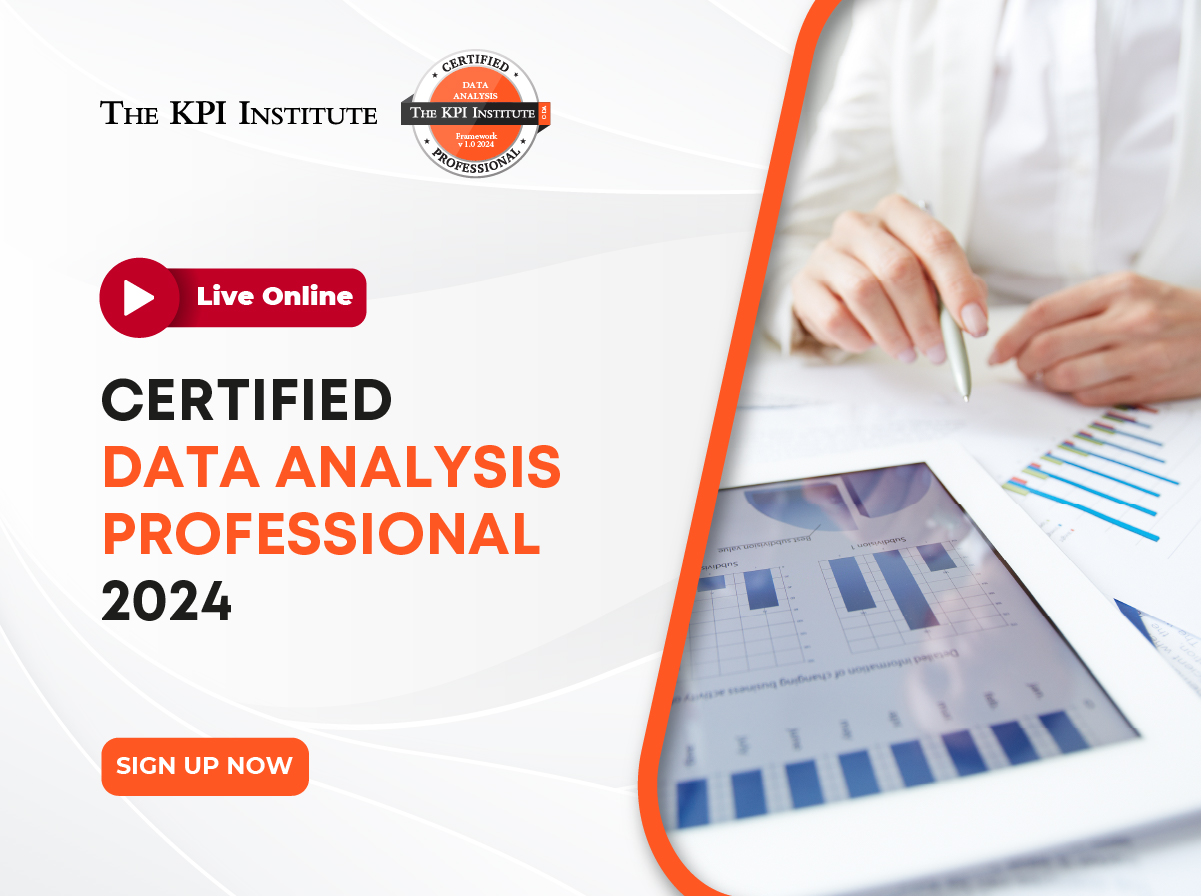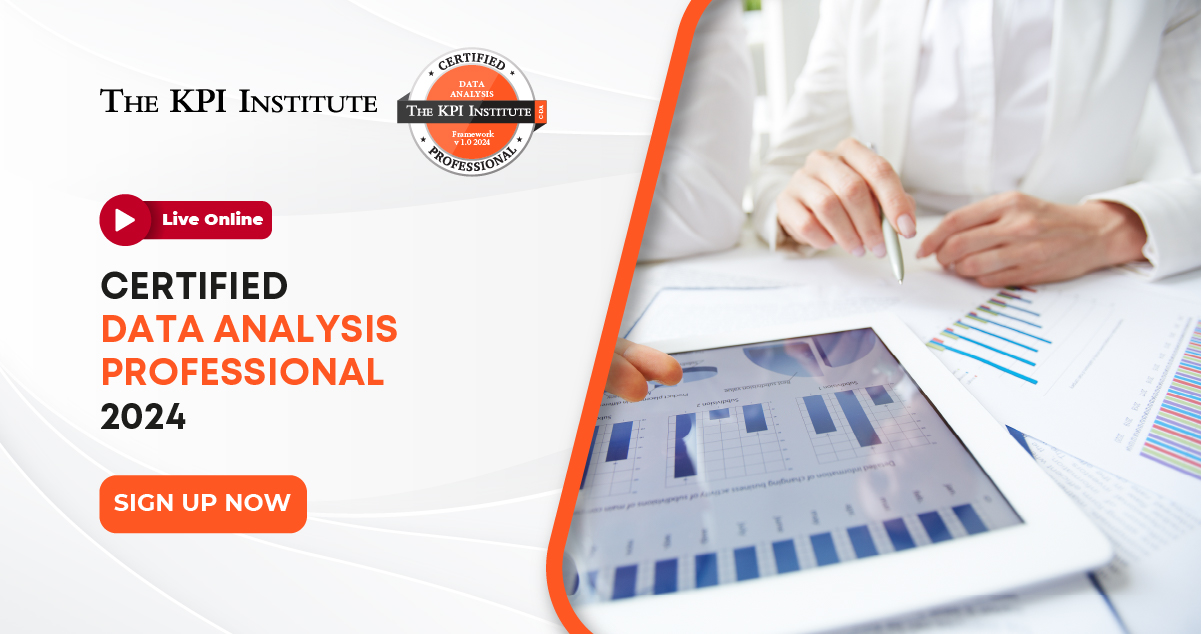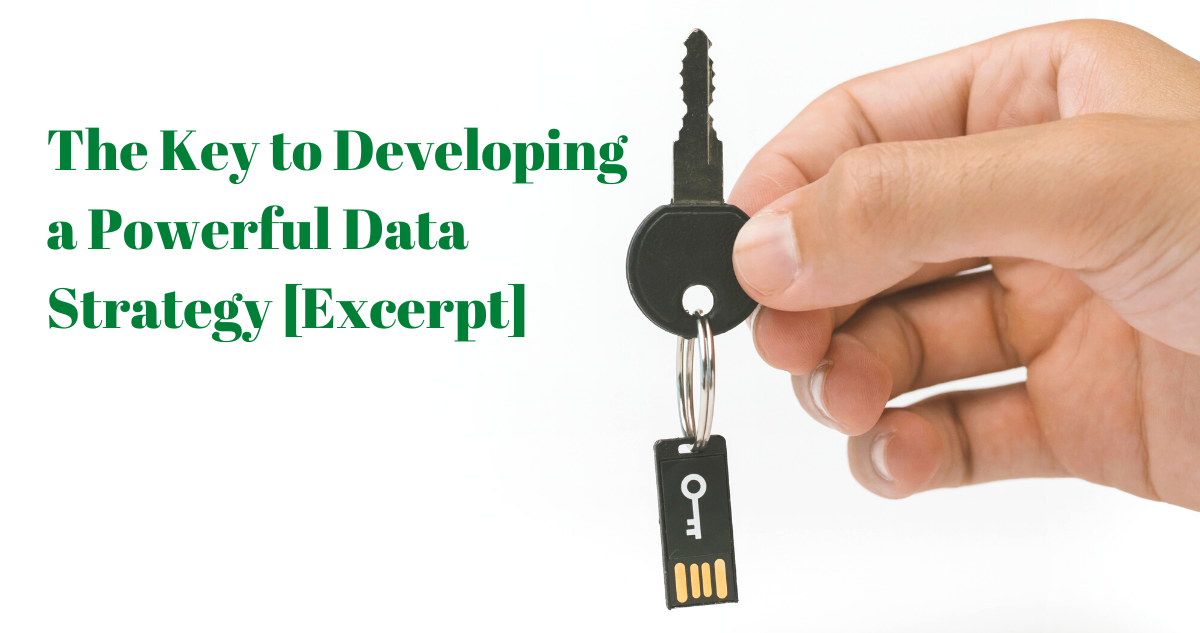
Resource roundup: shaping the future of professional skills with technology
February 5th, 2025 Posted by Kimberly Tilar Publications 0 thoughts on “Resource roundup: shaping the future of professional skills with technology”
Does it feel like technology is making your head spin with all its breakthroughs? As the tech world advances, industries are being equipped with new tools and insights through innovations in IT infrastructure and data analysis. Gartner’s 2025 strategic technology trends highlight the growing importance of energy-efficient computing, hybrid systems, and spatial computing in driving operational efficiency and sustainability.
With this, companies must be proactive in adapting to the continuous stream of new challenges and opportunities. The KPI Institute (TKI) is dedicated to providing impactful insights and resources that empower organizations to navigate the changing technology landscape. This month, TKI has curated a range of in-depth, research-driven materials aimed at supporting technology professionals in IT, data analysis, and innovation management, along with organizations exploring further investment in technology.
The resources are rooted in timeless principles and have been chosen for their adaptability to current industry demands. Whether you are looking to boost your organization’s IT infrastructure, leverage data analytics for decision-making, or foster innovation, these materials will provide you with the tools to stay competitive in a dynamic business environment.
Performance Magazine Issue No. 22 – The Data Analytics Edition (FREE): This edition highlights the transformative role of data in driving organizational success, growth, and excellence. It covers the impact of AI on performance management, key elements of a robust data strategy, the latest business intelligence trends, and global digital initiatives focused on sustainability and technological advancements.
Articles (FREE): Find practical insights related to navigating technological trends from a variety of articles published on the Performance Magazine website, written by subject matter experts and research analysts.
- Humane Technology: The Future of Employee Performance Management
- Transforming Performance Reporting Through the Power of AI
- The New Wave: How Bank Relationship Managers Embrace Technology to Build Trust
- The Digital Age and Information Disorders: What Makes You Vulnerable?
The Information Technology KPI Dictionary: This dictionary is an educational resource that helps professionals understand key performance indicators (KPIs), their structure, and how to standardize KPI names for consistent use and accurate data collection. It provides a reference collection of relevant KPIs used in the IT sector to support the implementation of effective performance measurement and management systems in the field.
The Online Presence KPI Dictionary: This resource helps professionals learn about KPIs specific to online presence, covering their structure, standardization, and documentation for precise data collection. It features key KPIs to support effective performance measurement and management of digital presence across the web, social media, and other online channels.
Now, here are some webinars that allow you to both watch and learn at the same time:
Innovation Through Benchmarking: This webinar highlights how benchmarking can be a powerful tool for driving innovation and continuous improvement. Participants will discover how to use benchmarking techniques to identify opportunities, enhance performance, and stay competitive in their industry.
Getting Started with Data Analysis: Looking to kickstart your data analysis journey? This webinar will walk you through the foundational steps and tools you need to start making sense of data and turning it into actionable insights.
Organizing Synthesizing and Aggregating Data: Here, you can find effective strategies for managing and consolidating complex data sets. You will gain practical insights on how to streamline data organization and synthesis for better decision-making and enhanced analysis.
Improve your Digital Marketing Performance Through an SEO Website Audit: Curious about improving your website’s SEO? Join this webinar to learn how conducting an SEO audit can fine-tune your digital marketing efforts and improve your performance.
Stay sharp with these tools and keep your organization thriving. The future is yours to shape!


















